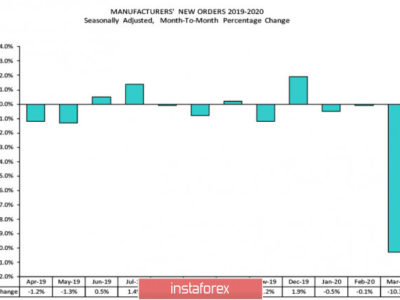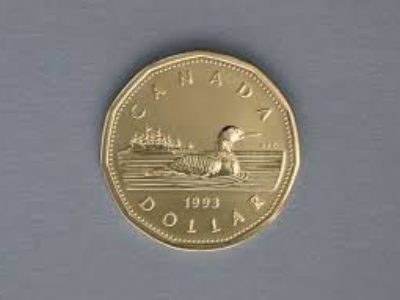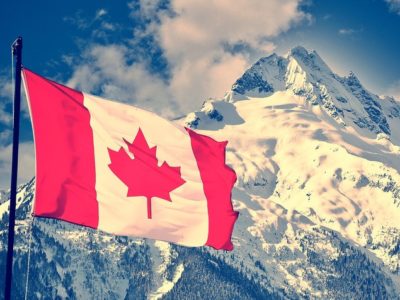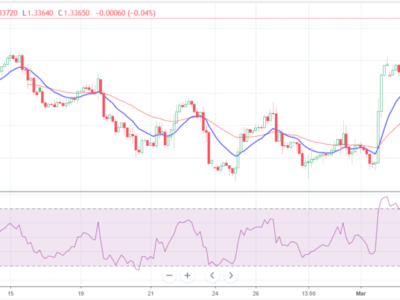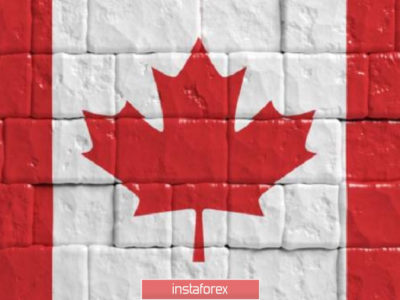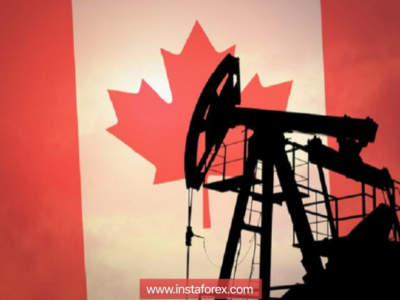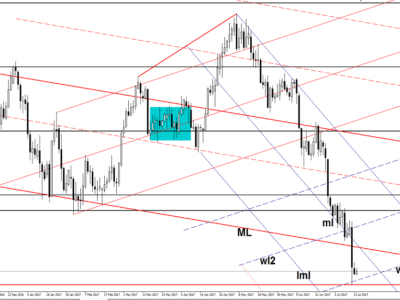Canadians Divided on TPP: How Will the Liberals Respond?
In October of last year Canada joined 11 other Pacific Rim nations in agreeing to the Trans-Pacific Partnership (TPP), a proposed trade deal that would cover a wide spectrum of economic policies concerning intellectual property, labour, environmental law and state-investor dispute settlement. While Canada’s newly elected Liberal government has confirmed that it will sign the agreement, it still needs to be ratified by a majority vote in Parliament before being officially implemented. With Canadians divided on the proposed agreement,[1] the path to ratification may not be so simple.
International Trade Minister Chrystia Freeland confirmed as much when she explained that Canada’s participation in the signing ceremony of TPP was not a green light for the deal.
“Signing does not equal ratifying,” Freeland said in a statement in January. “Only a majority vote in our Parliament can allow the agreement to take force.”[2]
For their part, the Liberals have walked a fine line with respect to TPP. Prime Minister Justin Trudeau strongly supported the agreement on the campaign trail just prior to being elected on October 19, but did state that his government would hold a “full and open public debate” on TPP before adopting it.
“The Trans-Pacific Partnership stands to remove trade barriers, widely expand free trade for Canada, and increase opportunities for our middle class and those working hard to join it,” Trudeau said in October.
He added that the “Liberals will take a responsible approach to thoroughly examining the Trans-Pacific Partnership.”[3]
There’s a good reason the Liberals are playing it safe with respect to TPP. The agreement was reached under the guidance of the Conservative Party after seven years of intensive negotiations. Unfortunately for them, the deal was concluded mere weeks before they were ousted from government in decisive fashion.
However, the elephant in the room is the ambivalence on the part of the Canadian public, which is divided on whether TPP is a net benefit for their country. According to a survey conducted last October, Canadians are more or less equally split on the benefits of TPP.[4]
Minister Freeland says she is aware that Canadians are divided on the agreement, which would remove Canadian tariffs on Japanese vehicles and make it easier for manufacturers to offshore parts of the production process. This could make Canadians firms less competitive compared with low-wage Asian suppliers.[5] The TPP agreement stipulates that only 45% of a vehicle’s content must come from Canada to avoid import tariffs, well below the 62.5% established by the North American Free Trade Agreement (NAFTA).[6] Critics argue that the TPP’s labour laws are not limited to advanced industrialized nations, which means Canada could lose high-paying jobs to low-wage economies such as Peru and Vietnam.[7]
While Freeland acknowledged that many Canadians believe the deal presents significant opportunities, she said it wasn’t her job to “persuade anybody that TPP is good.”[8]
The Liberals hold a sizeable majority in Parliament, which means they can easily pass the agreement if they choose. While economists generally agree that TPP will have a positive impact on consumers and Canadian exporters relative to non-TPP nations, vocal critics from the country’s manufacturing and agriculture sectors have warned against adopting the deal.
The ratification of TPP would effectively replace NAFTA as Canada’s major free trade agreement, bringing Canada’s total number of free-trade partners to 51.[9] Clearly, the nation is headed in this direction, which will make it difficult for the Liberals to pass up on the landmark deal.
[1] Steven Chase (January 25, 2016). “Canada to agree to terms of TPP but ratification not guaranteed: minister.” The Globe and Mail.
[2] Steven Chase (January 25, 2016). “Canada to agree to terms of TPP but ratification not guaranteed: minister.” The Globe and Mail.
[3] Liberal Party of Canada (October 6, 2015). “Statement by the Liberal Party of Canada Leader Justin Trudeau on the Trans-Pacific Partnership.”
[4] CBC News (October 5, 2015). “Canadians divided on benefits of Trans-Pacific Partnership: Vote Compass.” CBC News.
[5] Steven Chase (January 25, 2016). “Canada to agree to terms of TPP but ratification not guaranteed: minister.” The Globe and Mail.
[6] Bill Curry (January 25, 2016). “The ABCs of TPP.” The Globe and Mail.
[7] Bill Curry (January 25, 2016). “The ABCs of TPP.” The Globe and Mail.
[8] Steven Chase (January 25, 2016). “Canada to agree to terms of TPP but ratification not guaranteed: minister.” The Globe and Mail.
[9] Bill Curry (January 25, 2016). “The ABCs of TPP.” The Globe and Mail.
The post Canadians Divided on TPP: How Will the Liberals Respond? appeared first on Forex.Info.
Source:: Canadians Divided on TPP: How Will the Liberals Respond?

